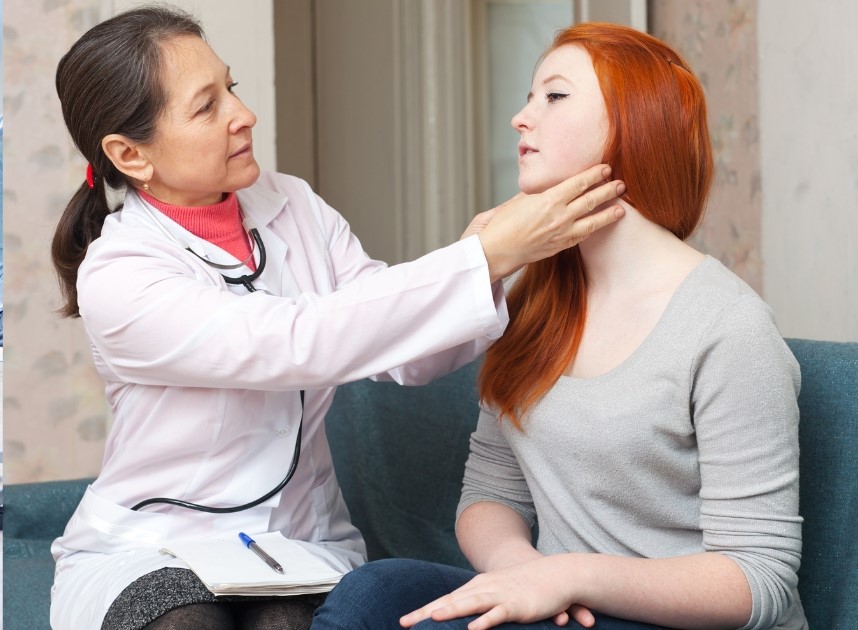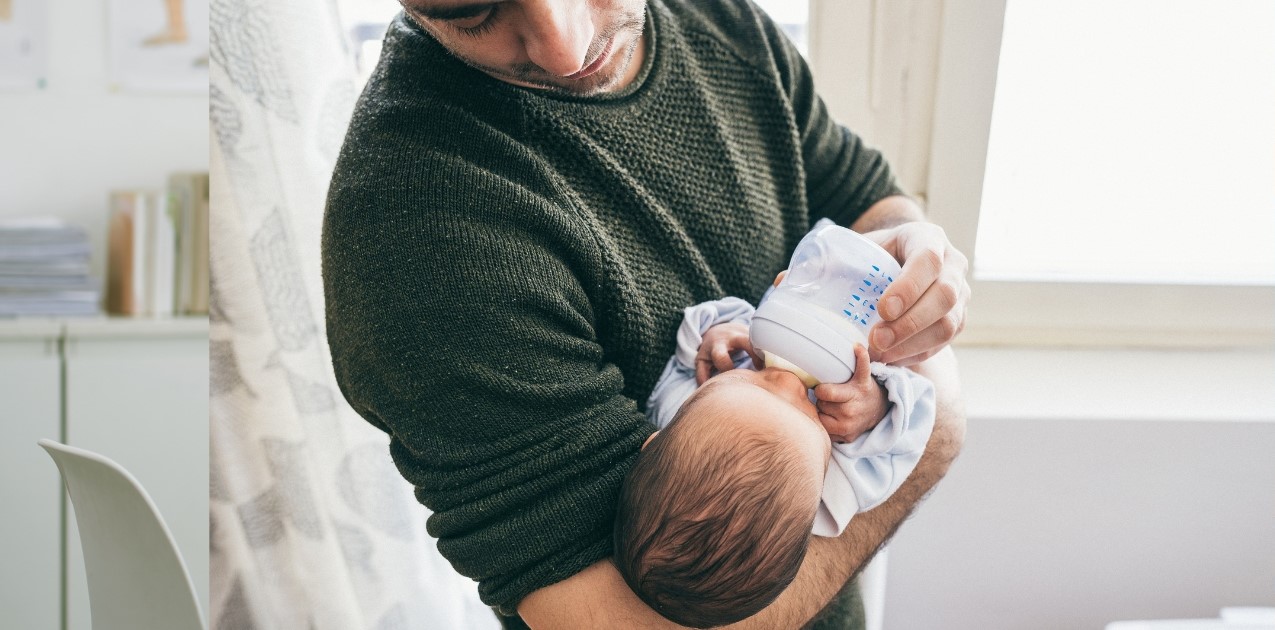

CAC2 Survivorship Toolkit
A Foreword by Melissa M. Hudson, MD, FASCO
The Charles E. Williams Endowed Chair of Oncology-Cancer Survivorship
Department of Oncology
St. Jude Children’s Research Hospital
Over 80% of children and adolescents diagnosed with cancer will become long-term survivors, living at least five years after the diagnosis of cancer. And with modern therapy, most will have a lifespan that is near that of individuals without cancer. This growing population is at increased risk for a spectrum of physical and psychosocial late effects that, depending on the types of cancer and treatments, may affect growth and development, organ function, prospects for future fertility and reproduction, risk for other cancers during adulthood, and many aspects of psychosocial functioning. It’s important to remember that most health concerns in childhood cancer survivors are linked to specific cancer treatments, but some may be related to the childhood cancer experience and its subsequent impact on the survivor, parents, siblings, and extended caregivers.
Studies following the health of long-term survivors indicate that 70% to 90% report that some aspect of their health (that is, physical, emotional, social functioning) has been affected by the cancer experience. This statistic emphasizes the importance of regular follow-up care after completion of cancer treatment that can help diagnose late effects early and provide survivors with access to services and resources to treat or prevent late effects. But there are many challenges survivors and their caregivers face in finding such care. To achieve high quality survivorship care, personal and cancer treatment factors that affect risk of late effects, as well as social and health care system factors that affect access to care, are important to consider.
Aligned with the overall goals of the Coalition Against Childhood Cancer (CAC2) to comprehensively address the spectrum of issues experienced by childhood and adolescent cancer survivors and their families, the CAC2 Survivorship Toolkit has been organized. This resource aims to: create a childhood cancer community-wide space to outline information and resources to support childhood cancer survivors and their families; empower survivors to better understand the status of their health, and potential to develop side effects throughout the lifespan in order to make health-conscious decisions, be a successful self-advocate, and attain a higher quality of life; and network agencies, nonprofits, and parent advocates to align messaging when discussing childhood cancer survivorship and quality of life post treatment.
The toolkit has been organized for use by survivors, their parents, caregivers, and other family members, as well as health care providers, non-profit organizations, advocacy groups, social agencies and others who engage with survivors. We anticipate that this resource will facilitate understanding of common health concerns and other challenges experienced by survivors and their families. Defining the term, “survivor,” and when survivorship actually begins, is a personal choice that comes down to each individual. Some believe that survivorship technically begins at the diagnosis of the cancer journey, while others believe that survivorship starts after they have completed treatment. The resources organized in the CAC2 Survivorship Toolkit are focused on childhood and adolescent cancer patients who have completed therapy, when cancer remission appears likely or indolent cancers have stabilized.
Because health concerns change over the cancer care spectrum from diagnosis during childhood, to long-term follow-up during adulthood, the toolkit addresses survivorship challenges that emerge during these milestones related to understanding the long-term health effects of cancer and its treatment, obtaining and maintaining access to health insurance, managing late effects, staying emotionally healthy after cancer, transitioning from pediatric oncology to primary care and participating in healthy lifestyle behaviors. Survivor health concerns also vary across the developmental spectrum, which is why the CAC2 Survivorship Toolkit distinguishes priority topics and resources for survivors throughout the lifespan.


The CAC2 Survivorship Toolkit focuses on six key themes that are important to support successful survivorship: 1) educational guidance and planning; 2) insurance and financial health; 3) physical health and late effects; 4) psychosocial and emotional health; 5) transitioning to adulthood; and 6) wellness and healthy behaviors.
The importance of keeping children and adolescents with cancer engaged in educational programs has long been recognized, but the physical and emotional consequences of cancer pose challenges for some survivors. Cancer and/or its treatments can negatively affect educational progress through direct effects on cognitive function, chronic symptoms and health conditions that limit participation, and social factors that limit access to classroom accommodations and remedial resources. Most pediatric cancer centers have school programs to assist survivors and their families in navigating these educational challenges. The CAC2 Survivorship Toolkit will augment these programs by supporting survivors and their families in their advocating for cognitive testing, educational accommodations, and vocational rehabilitation services. In addition, these resources will be useful to teachers, counselors, psychologists, and other professionals who engage with survivors in educational settings.
Health insurance is essential to assure that survivors have access to health care services that support monitoring for, and management of, late effects. Unfortunately, survivors commonly report struggles with obtaining affordable insurance, being denied insurance, or having job lock due to a need to maintain insurance, as well as hardships related to lack of insurance, high deductibles, and co-pays that result in foregoing medical care. The CAC2 Survivorship Toolkit will provide survivors and their families with knowledge about laws that facilitate survivors’ access to care and resources to assure their access to medical services and medications.
The cancer experience forever changes the lives of survivors and their families, who must adjust to its physical, emotional, and social consequences. This burden may be considerable and underscores the critical need to support survivors at risk for, or living with, late effects of childhood cancer. Understanding personal cancer and treatment risks is critical to guiding decision-making related to participation in medical follow-up and healthy behaviors that can reduce chronic disease risk and preserve health. The CAC2 Survivorship Toolkit includes information and resources to manage physical and psychosocial late effects of childhood cancer that survivors commonly face.
Childhood cancer survivors necessarily undergo two health care transitions. Following a cancer diagnosis, pediatric oncology providers often assume primary care to facilitate interventions for the acute side effects of cancer and cancer treatment that may not be as familiar to primary care providers. At some point during the care continuum, the primary care provider will be re-integrated into care depending on the intensity and length of therapy, and the health status of the survivor. Models of care vary regionally with shared care between oncology and primary providers that involves ongoing communication and coordination of interventions promoted as ideal. Ultimately, all childhood cancer survivors will transition from pediatric-focused to adult-focused care facilities, with the expectation of having the capability to communicate details of their cancer history and navigate often complicated health care systems. The CAC2 Survivorship Toolkit will support survivors in these transition journeys to help them advocate for survivor-focused care that includes personalized health screening recommended for their specific cancer and treatment, management of late effects and other chronic health conditions, and assistance with meeting the psychosocial challenges of the cancer experience.
Adherence to a healthy lifestyle can reduce health risks and chronic disease associated with cancer treatment. Yet, similar to that of individuals who have not had cancer, survivors do not report adherence to recommended levels of physical activity or dietary practices that have been established to reduce risk of chronic disease. Some use tobacco products that can increase risk of heart and lung disease and many types of cancer. Regular check-ups are also important to facilitate early detection of late effects of cancer and opportunities to prevent and treat these conditions. But rates of participation in long-term follow-up are suboptimal, especially considering the burden of chronic health problems experienced by survivors. The CAC2 Survivorship Toolkit will provide survivors and their families with information and resources to support healthy behavior practice and promote wellness across the lifespan.
In summary, survival after diagnosis and treatment of a pediatric cancer is associated with risks for a spectrum of physical and psychosocial late effects. Survivor-focused care after completion of therapy provides opportunities to monitor and intervene for late effects that can preserve health and positively affect quality of life. The CAC2 Survivorship Toolkit offers information and resources related to common pediatric survivorship challenges to support survivors, their families, health care providers, and others who engage with survivors, with the ultimate goal of achieving the best quality of survival after cancer.
Melissa M. Hudson, MD, FASCO
St. Jude Children’s Research Hospital

More than 35,000 childhood cancer survivors are part of a large research study led by St. Jude called the Long-Term Follow-Up (LTFU) Study. Survivors answer survey questions about their health and have access to useful resources and educational materials. The LTFU Study, also known as the Childhood Cancer Survivor Study, is one of the world’s largest and longest-running studies of the long-term effects of cancer and its treatments. The mission of St. Jude Children’s Research Hospital is to advance cures, and means of prevention, for pediatric catastrophic diseases through research and treatment.
The Coalition Against Childhood Cancer – (CAC2) thanks Dr. Hudson and St. Jude Children’s Research Hospital for its
comprehensive and thoughtful foreword to the CAC2 Survivorship Toolkit!